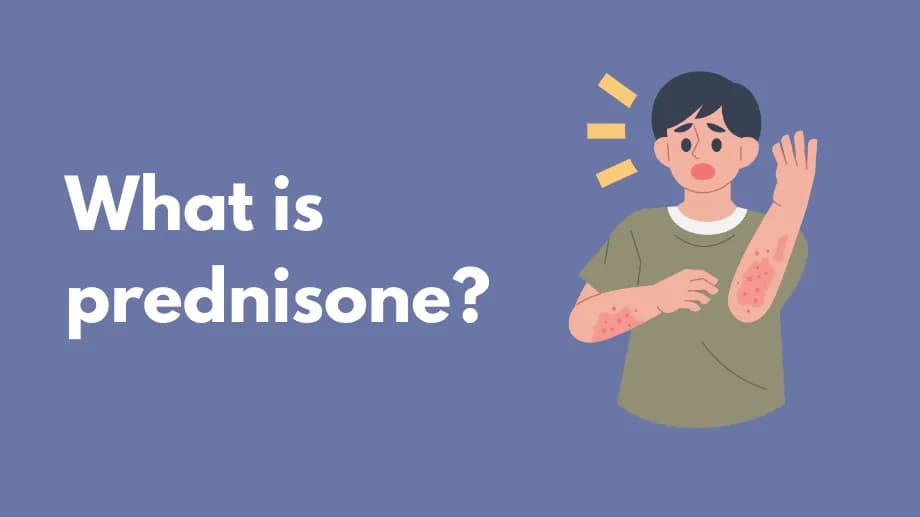What is ulcerative colitis?
Ulcerative colitis is a chronic inflammatory bowel disease that affects the lining of the large intestine (colon) and rectum. It causes recurring episodes of inflammation and ulceration of the innermost layer of the colon, leading to symptoms such as diarrhea, abdominal pain, and rectal bleeding. The condition follows a pattern of flare-ups and remission.
Types of ulcerative colitis
- Ulcerative proctitis – inflammation limited to the rectum; may cause only rectal bleeding.
- Proctosigmoiditis – affects the rectum and sigmoid colon; symptoms include bloody diarrhea, cramps, and a feeling of incomplete evacuation.
- Left-sided colitis – extends from the rectum through the descending colon on the left side; symptoms include bloody diarrhea, left-sided abdominal pain, and urgency.
- Pancolitis – inflammation of the entire colon; may cause severe diarrhea, weight loss, and fatigue.
Causes and risk factors
The exact cause is unknown, but factors include:
- Immune system dysfunction leading to inflammation of the colon lining
- Genetic predisposition, especially among close relatives
- Imbalance of gut bacteria
- Environmental triggers such as diet, stress, and certain medications
Symptoms
- Diarrhea often containing blood or pus
- Abdominal pain and cramping
- Rectal pain and bleeding
- Urgent need to have a bowel movement
- Weight loss and fatigue
- Fever during severe flares
- Anemia from chronic blood loss
- Higher risk of colon cancer over time
Diagnosis
Diagnosis is based on a combination of:
- Medical history and physical examination
- Blood tests for anemia and inflammation markers
- Stool tests to exclude infections and detect inflammatory markers
- Colonoscopy with biopsy to visualize inflammation and obtain tissue samples
- Imaging studies (CT or MRI) to assess extent and complications
Treatment
Treatment aims to induce and maintain remission:
- Aminosalicylates such as mesalamine or sulfasalazine reduce inflammation in mild to moderate disease.
- Corticosteroids for short-term use during moderate to severe flares.
- Immunomodulators such as azathioprine or mercaptopurine to maintain remission.
- Biologics including anti-TNF agents (adalimumab, infliximab) and integrin blockers (vedolizumab) for moderate to severe cases.
- JAK inhibitors (tofacitinib, upadacitinib) for those who do not respond to other therapies.
- Supportive measures such as antidiarrheal agents, pain relief, and nutritional support.
- Surgery (colectomy) may be required in refractory cases or to prevent complications like dysplasia.
Lifestyle and supportive care
- Identify and avoid dietary triggers
- Manage stress with relaxation techniques and counseling
- Ensure adequate hydration and nutrition
- Consider probiotics under medical guidance
Sources
- National Institute of Diabetes and Digestive and Kidney Diseases
- Crohn’s & Colitis Foundation
- American Society of Colon and Rectal Surgeons
- Merck Manual Consumer Version
- Medscape: Ulcerative Colitis
